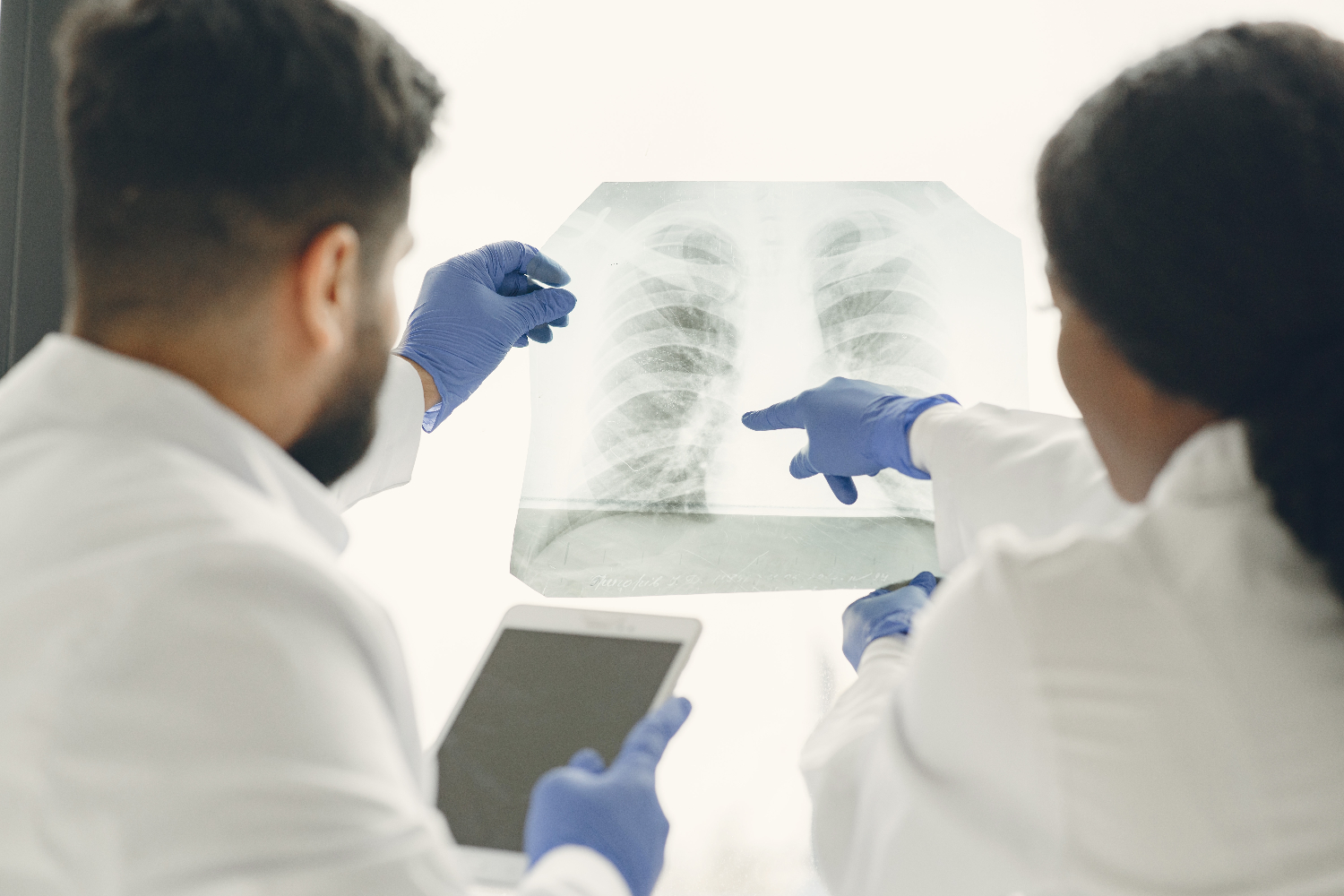What Does a Pulmonologist Do? Understanding When to See a Lung Specialist
- What Does a Pulmonologist Do?
A pulmonologist is a medical doctor specializing in the respiratory system, which includes the lungs, airways, and other structures involved in breathing. Their role is to diagnose, treat, and manage diseases and conditions affecting the lungs and respiratory system. Pulmonologists are often called lung specialists and work closely with other healthcare professionals to ensure comprehensive care.
- What are the common conditions treated by a Pulmonologist ?
|
Pulmonologists also perform diagnostic procedures, such as:
- Bronchoscopy: Using a flexible tube to examine airways.
- Pulmonary Function Tests (PFTs): To assess lung capacity and efficiency.
- Biopsies: Collecting tissue samples for analysis.
- When Should You See a Pulmonologist?
You should consider consulting a pulmonologist if you experience:
- Persistent or Chronic Cough: Especially if it lasts more than 8 weeks.
- Breathlessness: Difficulty breathing that does not improve with rest.
- Chest Pain: If it’s associated with breathing or coughing.
- Wheezing: A high-pitched sound when breathing.
- Frequent Respiratory Infections: Recurrent bronchitis or pneumonia.
- Unexplained Fatigue: Especially if combined with respiratory symptoms.
- Family History of Lung Disease: For preventive care or early diagnosis.
- Exposure to Toxins or Pollutants: Such as asbestos, dust, or industrial chemicals.
- Smoking History: Even after quitting, for preventive screenings.
You might need a pulmonologist if:
- Your condition is complex or not responding to initial treatments.
- There’s suspicion of serious lung diseases such as cancer or pulmonary fibrosis.
- You require long-term management for chronic respiratory diseases like COPD or asthma.
Early intervention by a skilled pulmonologist can significantly improve outcomes and enhance your quality of life, especially for progressive or chronic respiratory conditions.
If you’re in Chennai, Hande Hospital is an excellent choice for pulmonary care. Their team of experienced pulmonologists is committed to providing personalized, expert care for a wide range of respiratory conditions. Whether you’re dealing with chronic lung issues or need advanced diagnostic evaluations, Hande Hospital ensures comprehensive treatment tailored to your needs.
Contact Hande Hospital Today:
- Hande Hospital: +91-98410 11390
- Hande Medical Centre: +91-99625 22667
Hande Hospital offers specialized pulmonary care services to help you manage your respiratory conditions or any chronic lung issues. For more information on their services or to book an appointment, visit their website at Hande Hospital Contact Page.
Take the first step towards better respiratory health today with Hande Hospital, Chennai!
